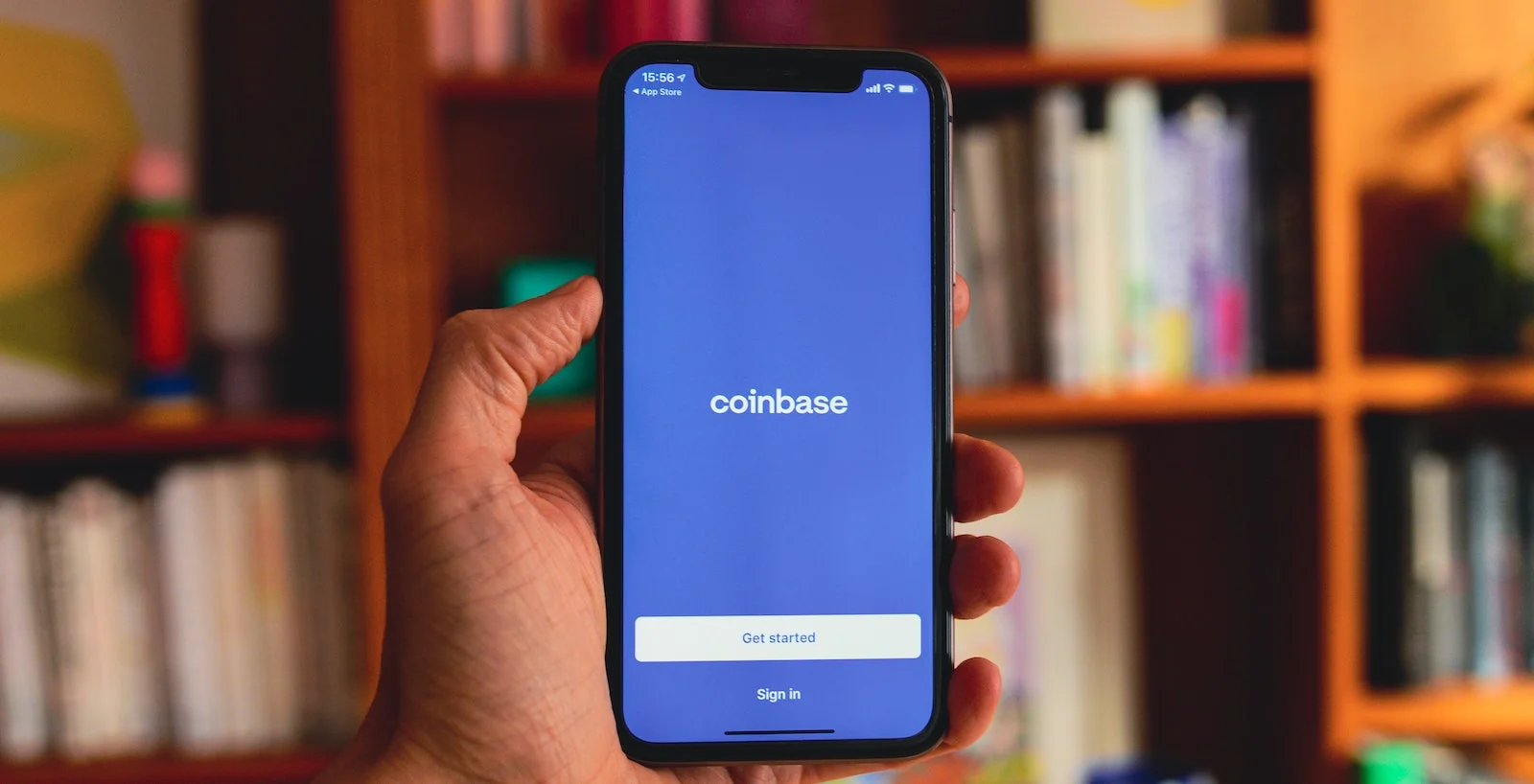Explore the different options for cryptocurrency wallets, including wallets connected to the internet, with this article answering the question what is a hot wallet.
Cryptocurrency wallets are essential tools for anyone who owns or trades digital currency. They allow users to store, send, and receive cryptocurrency in a secure and efficient way. One type of cryptocurrency wallet is known as a hot wallet. In this article, we will explore the question “What is a hot wallet?” and examine the key characteristics and potential security risks associated with this type of wallet.
What is a Hot Wallet – Definition
A hot wallet is a type of cryptocurrency wallet that is connected to the internet. It is used to store digital currency that is intended for frequent use, such as for trading or purchasing goods and services.
Hot wallets are typically more convenient and accessible than other types of cryptocurrency wallets, such as cold wallets, which are stored offline.
Hot wallets can come in different forms, including desktop, mobile, and web wallets. Desktop hot wallets are software programs that are downloaded and installed on a user’s computer. Mobile hot wallets are apps that can be downloaded and installed on a user’s smartphone or tablet. Web-based hot wallets are hosted on a third-party website and accessed through a web browser.
One of the key characteristics of hot wallets is their online accessibility. Because they are connected to the internet, hot wallets are easy to use and can be accessed from anywhere with an internet connection. However, this also means that they can be more vulnerable to potential security risks, such as hacking or malware attacks.

Security Risks and Best Practices for Hot Wallets
One of the biggest risks associated with hot wallets is the potential for hacking or malware attacks. Because hot wallets are connected to the internet, they can be more vulnerable to security breaches than other types of cryptocurrency wallets, such as cold wallets, which are stored offline.
To mitigate these risks, it is important to use best practices when using a hot wallet. These may include:
- Using two-factor authentication (2FA) to add an extra layer of security to your account
- Choosing a strong, unique password that is not used for any other accounts
- Regularly updating your software to ensure that you have the latest security patches
- Keeping a small amount of cryptocurrency in your hot wallet for everyday use, and storing the majority of your cryptocurrency in a cold wallet for long-term storage
Real-world Examples of Hot Wallets
There are many different hot wallets available on the market, each with its own unique features and user interface. Some popular examples of hot wallets include:
- Coinbase: One of the largest and most well-known cryptocurrency exchanges, Coinbase offers a user-friendly mobile app that includes a hot wallet for storing and trading cryptocurrency.
- Binance: Another popular cryptocurrency exchange, Binance offers a web-based hot wallet that allows users to store and trade a wide range of digital currencies.
- MyEtherWallet: Designed specifically for storing and managing Ethereum and other ERC-20 tokens, MyEtherWallet is a web-based hot wallet that offers advanced security features, such as 2FA and multi-sig support.
Alternatives to Hot Wallets
While hot wallets can be convenient for everyday use, they may not be the best option for long-term storage of cryptocurrency. Cold wallets, such as hardware wallets and paper wallets, offer greater security by storing cryptocurrency offline.
Hardware wallets are physical devices that store cryptocurrency and can be connected to a computer or mobile device when needed. Paper wallets are a form of cold wallet that involve printing out the private key for a cryptocurrency wallet and storing it in a secure location.
Conclusion
In conclusion, a hot wallet is a type of cryptocurrency wallet that is connected to the internet and used for frequent trading or purchases. While hot wallets offer convenience and accessibility, they can also be more vulnerable to potential security risks than other types of cryptocurrency wallets.
By using best practices and staying informed about the latest developments in the cryptocurrency wallet market, users can ensure that their hot wallets are secure and their digital currency is protected.